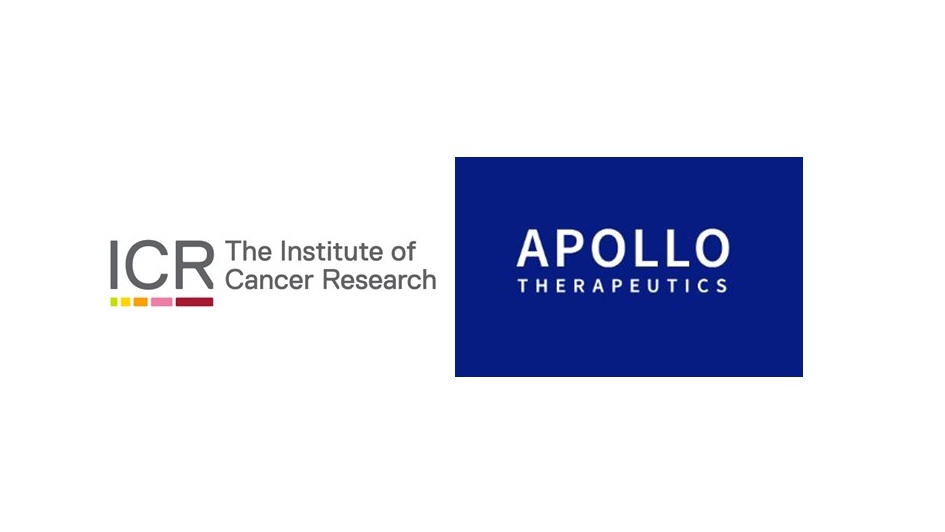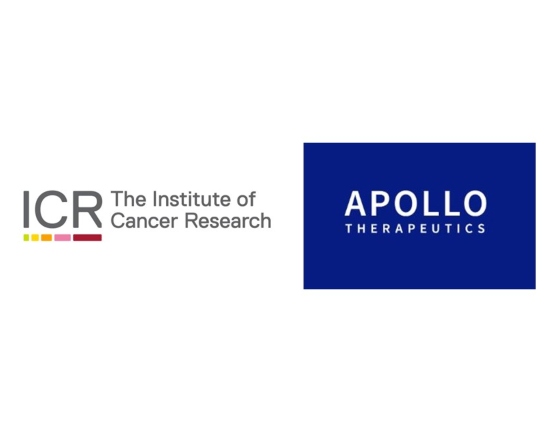
The Institute of Cancer Research, London, and biopharmaceutical company Apollo Therapeutics have announced a new collaboration that will advance the development of new cancer drugs, combining the strengths and expertise of both organisations.
The ICR joins Apollo's other global research partners Imperial College London, King's College London, University College London, and the University of Cambridge.
Translating discoveries into patient benefits
Effective industry collaboration is at the heart of the ICR's approach to driving benefits for cancer patients. We work in collaboration with companies to translate research discoveries into new cancer treatments, with any commercial income invested back into our research.
Apollo Therapeutics is advancing a pipeline of therapeutic programmes based on breakthrough discoveries. The company identifies and develops pre-clinical and clinical stage assets with strong biological hypotheses and the potential to become meaningful new treatment options.
The company is backed by leading specialist investors including Patient Square Capital and Rock Springs Capital, and has operations in Cambridge, UK, and Boston, USA.
Professor Kristian Helin, Chief Executive of the ICR, said:
"It's a great opportunity for the ICR to be entering this strategic partnership with Apollo. By working together, I hope we can accelerate our ability to translate our scientific discoveries for the benefit of cancer patients. We are looking forward to working with Apollo."
Dr Richard Mason, Chief Executive Officer of Apollo, said:
"I am delighted to be entering into this collaboration with the ICR. The ICR is an elite global cancer research organisation, with a hugely impressive track record of scientific breakthroughs and the discovery of important new medicines that have been approved and are in use globally to treat cancer patients. I am pleased that our strength and experience in drug discovery and development together with our unique collaboration model have attracted an institution with the credibility and capabilities of the ICR. We look forward to jointly developing new medicines for cancer patients."
